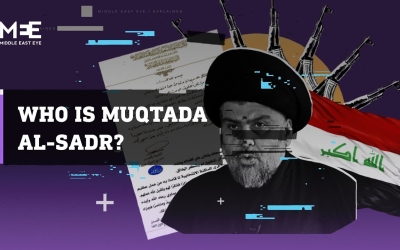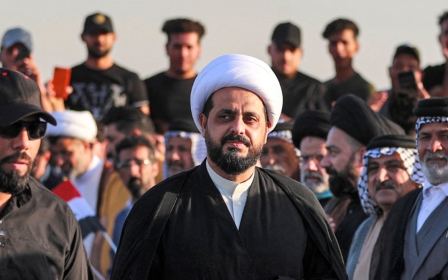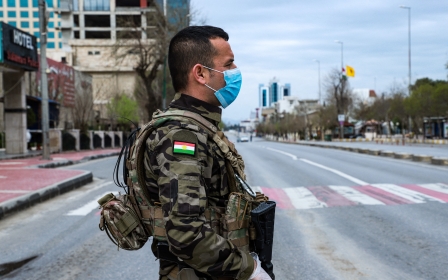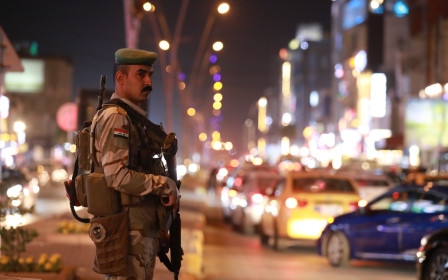Iraqi election commission says Sadr's bloc biggest winner
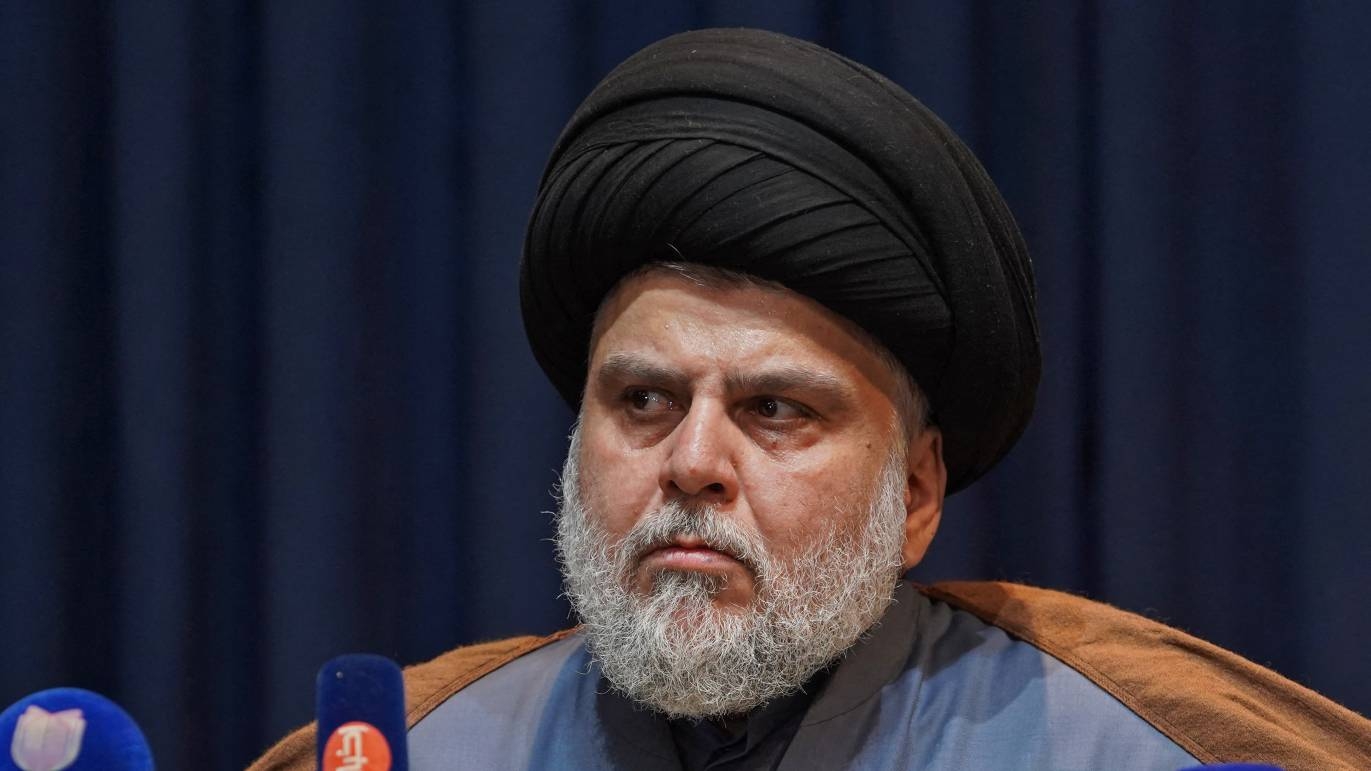
Iraq's independent election commission said on Tuesday that Shia cleric Muqtada al-Sadr's bloc was the biggest winner of last month's parliamentary election, which sparked charges of voter fraud from pro-Iranian factions.
Sadr's movement won nearly a fifth of the seats - 73 out of the assembly's total 329 - the independent election commission said, after a lengthy manual recount of hundreds of ballot boxes.
However, the results now need to be confirmed by the federal court, which is considering various appeals and complaints. The federal court may issue a final decision either approving the results or cancelling them in whole or in part, and order a manual recount.
A Sunni party headed by parliament speaker Mohamed al-Halbousi came in second with 37 seats, while the Kurdistan Democratic Party (KDP) secured 31 seats.
Trailing behind those blocs with 17 seats was the Fatah (Conquest) Alliance, the political arm of Iran-backed paramilitaries. This was down sharply from their 48 seats in the outgoing assembly.
New MEE newsletter: Jerusalem Dispatch
Sign up to get the latest insights and analysis on Israel-Palestine, alongside Turkey Unpacked and other MEE newsletters
The announcement of the results had been put off for weeks amid tensions over allegations of fraud and violence, which culminated on 7 November in an alleged assassination attempt targeting Prime Minister Mustafa al-Kadhimi, from which he emerged unharmed. The attack was not claimed by any group.
Paramilitary leaders had rejected the preliminary result last month as a "scam". Their supporters have staged sit-ins outside Baghdad's fortified Green Zone, rejected the tallies and demanded votes be manually recounted. Hundreds of complaints were lodged with the electoral commission.
Despite the significant loss of seats, the Iran-backed armed factions remain a powerful force in the Iraqi political scene.
They can also count on a key ally that made a surprise comeback in the polls - former prime minister Nouri al-Maliki's pro-Iran State of Law Alliance clinched 33 seats in the legislature.
Calls for 'majority' government
Since the US occupation, Iraq has been governed using a power-sharing system that divvies up positions proportionally among the greatest winners in elections.
Though each of the last four elections has produced a standout winner, various parties have been folded into recent governments.
However, Sadr, a former leader of an anti-US militia who has often surprised observers with his political manoeuvres, has called for a "majority" government with other leading blocs. The move could possibly exclude powerful Shia actors like Fatah.
Iraq, an oil-rich country of 40 million, is still recovering from years of conflict and turmoil.
Major fighting has stopped since a military alliance including the Iranian-backed paramilitaries defeated the Islamic State (IS) group in 2017, but sporadic violence continues.
Military bases housing US troops have also been targeted with dozens of missile and drone strikes which Washington blames on pro-Iran factions.
Middle East Eye delivers independent and unrivalled coverage and analysis of the Middle East, North Africa and beyond. To learn more about republishing this content and the associated fees, please fill out this form. More about MEE can be found here.


